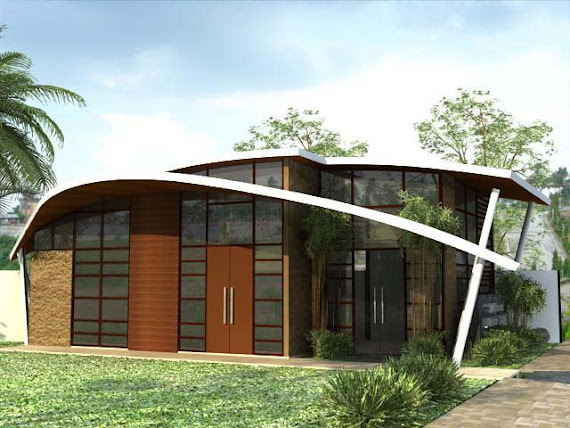The on-going hearing today regarding the controversy of the "Alabang Boys (Adults)", again prompted the believers of the death penalty to be re-imposed. The hate against those who inflict evil in society again recurs because it seems that these plague (salot) of society have no fear of being caught and punished at all. The truth is that the problem of drug dealing and using had not stopped but has aggravated in spite of the efforts of the Philippine Drug Enforcement Agency and the Department of Justice. As long as there are "users" of these drugs, pushers, dealers, and manufacturers, and their protectors would continue to exist and make a killing out of this billions of pesos "business!"

What about the death penalty? Time and again, this solution against heinous crimes like the use and manufacture of illegal drugs had been coming in and out of our laws. It becomes a law depending on the elected president and existing congress at the time. Basically, our faith is against any threat to life except in the name of faith. But it can be allowed in extreme and specific cases;
"Assuming that the guilty party's identity and responsibility have been fully determined, the traditional teaching of the Church does not exclude recourse to the death penalty, if this is only the possible way of effectively depending human lives against the unjust aggressor. (Catechism of the Catholic Church, CCC, #2267)
Note here that the Catholic faith allows it if there are no other ways society can be protected from the unjust aggressor. If being jailed would protect society, death is not considered an alternative. This is because the Catholic faith believes in forgiveness and reform. While "imprisonment" is considered a punishment and a way to restrict the actions of an unjust aggressor, reform is also part of its purpose. Unfortunately, this aspect of the prison life of the convict had not been given due importance. The best way to address evil in society is not to deter or eradicate it by killing it, but by reforming the person and make him one with us in fighting the very evil where he belongs before. In this sense, religion is like politics; they are both additions.
The Catechism (CCC #2267) continues;
"If, however, non-lethal means are sufficient to defend and protect people's safety from the aggressor, authority will limit itself to such means, as these are more in keeping with the concrete conditions of the common good and are more in conformity to the dignity of the human person."
The CCC stresses our belief that no matter how evil a person is, change and reform is always possible. Forgiveness and respect for the human dignity ranks high in the hierarchy of values in the Catholic faith. Yes, even with the most unjust, dangerous, and hardened criminals! We believe that there is no sin that can not be forgiven and no person, no matter how evil, can not be reformed.
In the end, the Catechism observed, with good basis, that the even if there is a law imposing death on unjust aggressors, it can only be rarely rendered or not at all.
"Today, in fact, as a consequence of the possibilities which the state has for effectively preventing crime, by rendering one who has committed an offense incapable of doing harm - without definitely taking away from him the possibility of redeeming himself - the cases in which the execution of the offender is an absolute necessity "are very rare, if not practically non-existent."
Therefore, while we believe that the death penalty is an alternative, and that it is not absolutely and essentially evil, imposing it requires stringent measures and certainty of reason and purpose.
But, in our country, the issue is implementation of our existing laws. But if we could not even implement our laws properly and justly, how can we even prosecute and arrived at imposing penalties? And with the way our justice system works, even if we are able to prosecute, how sure are we that it was true and just? Corruption and "padrino" system had become constitutive of our justice system. Their presence create doubt and render defective most, if not all, of our court decisions. This is sad. While the innocent must be fully protected, the guilty should not be loosely set free. They have a saying in law, "It is best to free ten guilty criminals than to punish one innocent man!" REALLY? Will deal with this in the next post.











